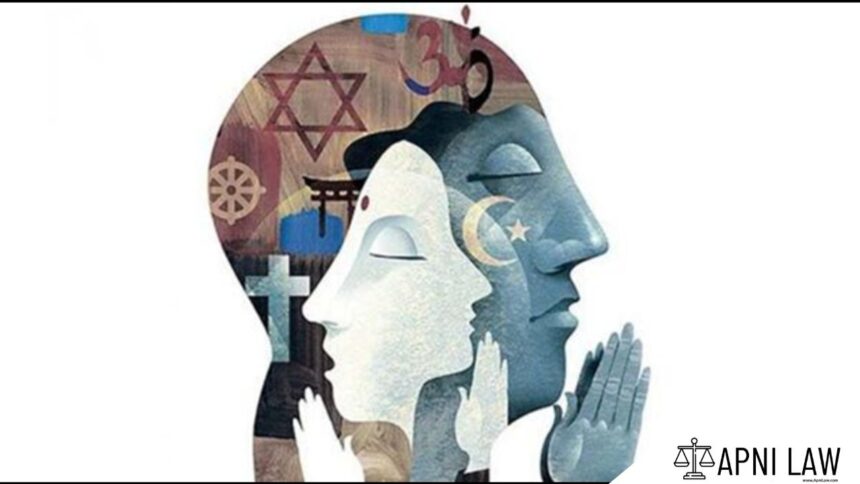The Indian National Congress (INC) has opposed the ongoing challenge to the Places of Worship Act, 1991 (PoWA) in the Supreme Court. The party called the challenge a “motivated attempt to undermine secularism” and emphasized that PoWA safeguards India’s communal harmony.
Congress Defends Places of Worship Act
In its plea, Congress highlighted that the Act reflects India’s secular ethos and was enacted based on the popular mandate during the 10th Lok Sabha. The party rejected claims that the Act violates Article 25 of the Constitution. They cited the Ayodhya verdict that deemed it integral to a secular state.
The INC clarified that PoWA applies to all religious communities equally and defines a “place of worship” as any religious structure as it stood on August 15, 1947. The plea also refuted arguments that the law encroaches on state jurisdiction, asserting that the Act falls under Parliament’s authority under List III of the Constitution.
Supreme Court Halts Fresh Suits on Religious Places
On December 12, a bench led by Chief Justice Sanjiv Khanna halted new lawsuits and surveys against religious sites. It also barred interim or final orders in pending cases concerning places like Gyanvapi Mosque and Mathura Shahi Idgah.
The petitions challenge the Act, which preserves the status quo of religious structures from 1947. It prohibits legal actions seeking their conversion.
Key Stakeholders and Arguments
Intervention applications have been filed by groups like the Gyanvapi Mosque Committee, Mathura Shahi Idgah Committee, and political leaders. They argue the Act is crucial for communal harmony. The Union Government has yet to respond despite repeated extensions.













